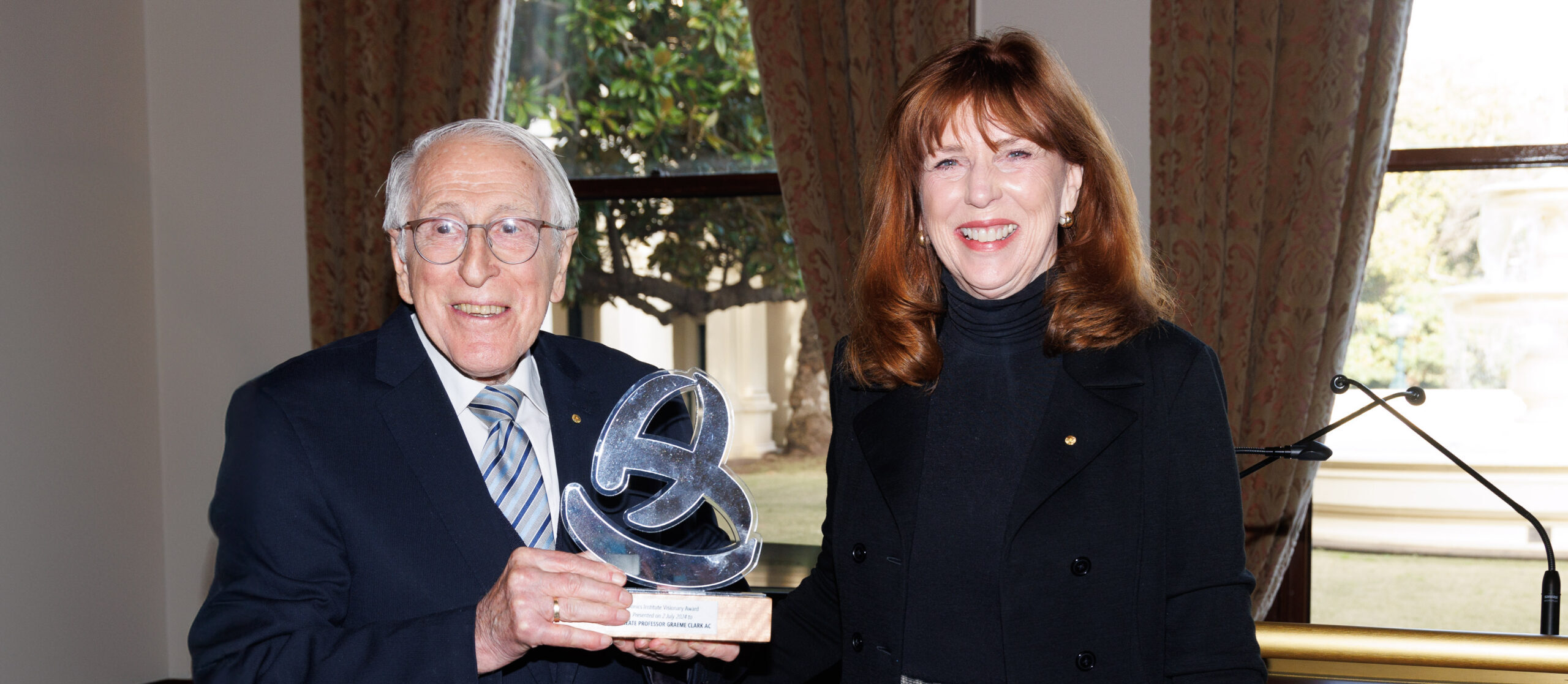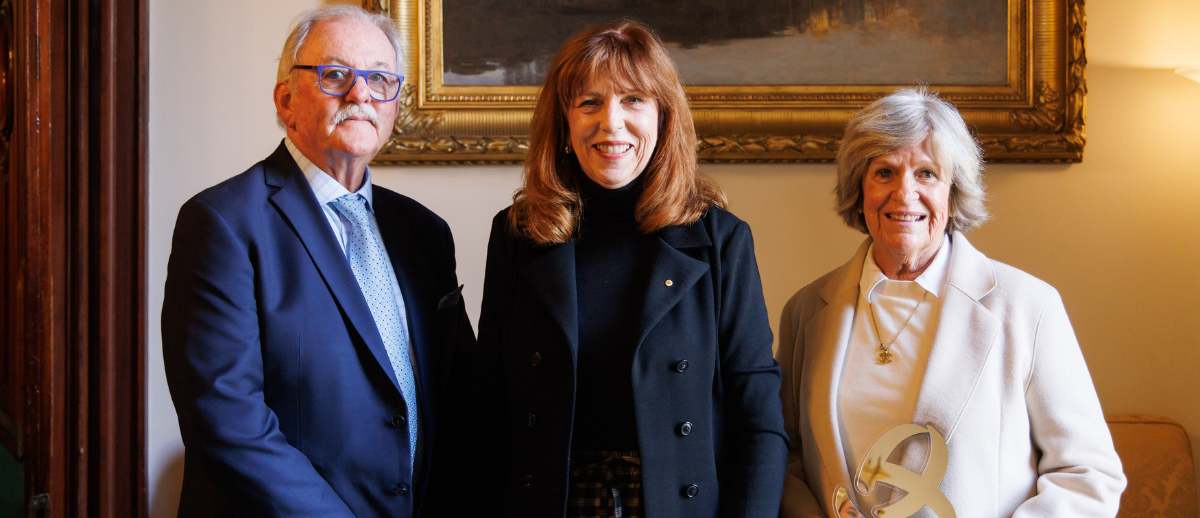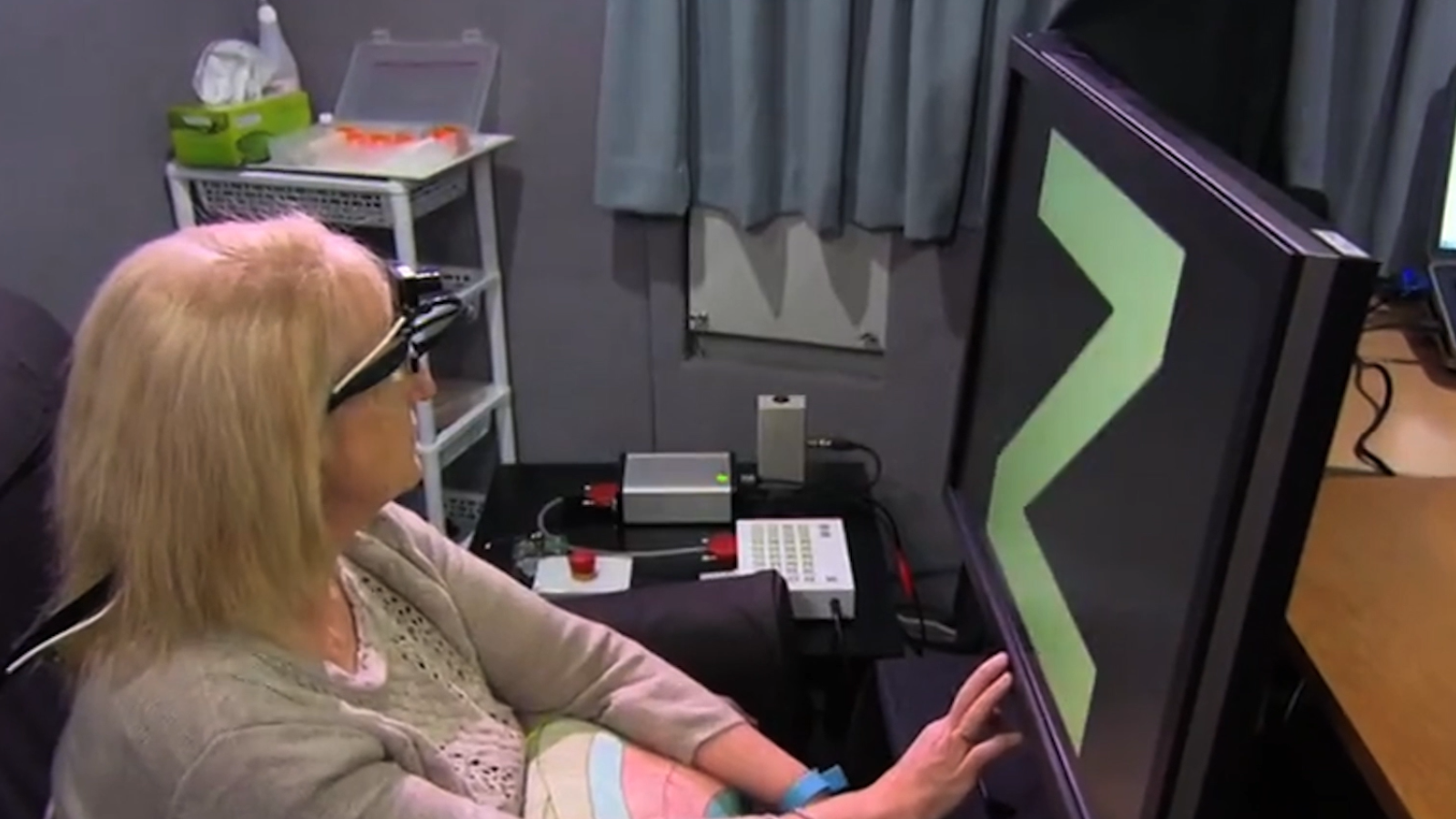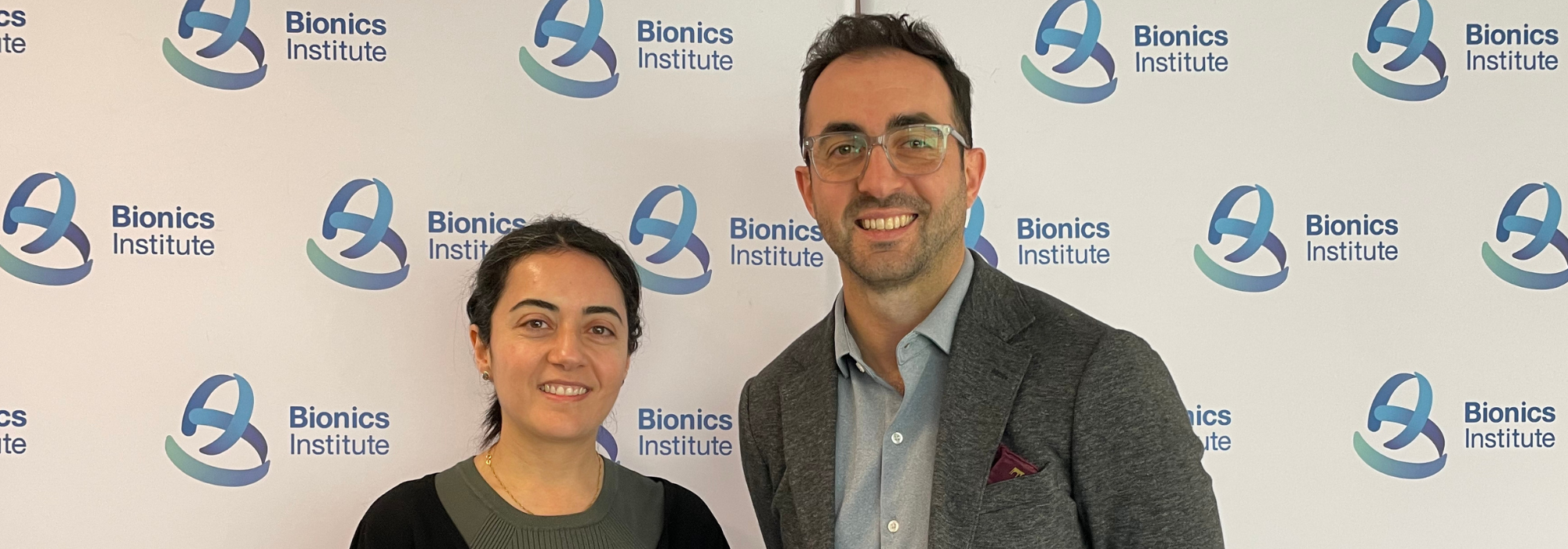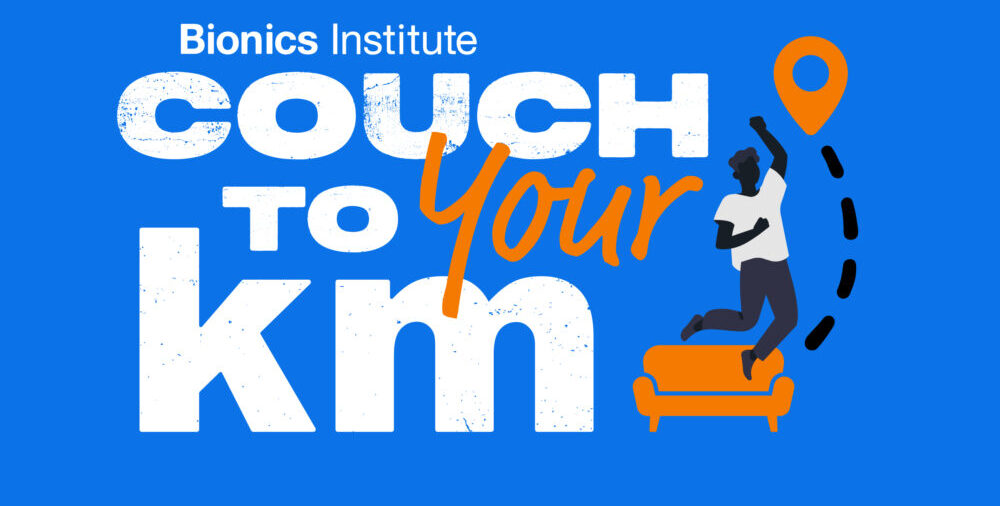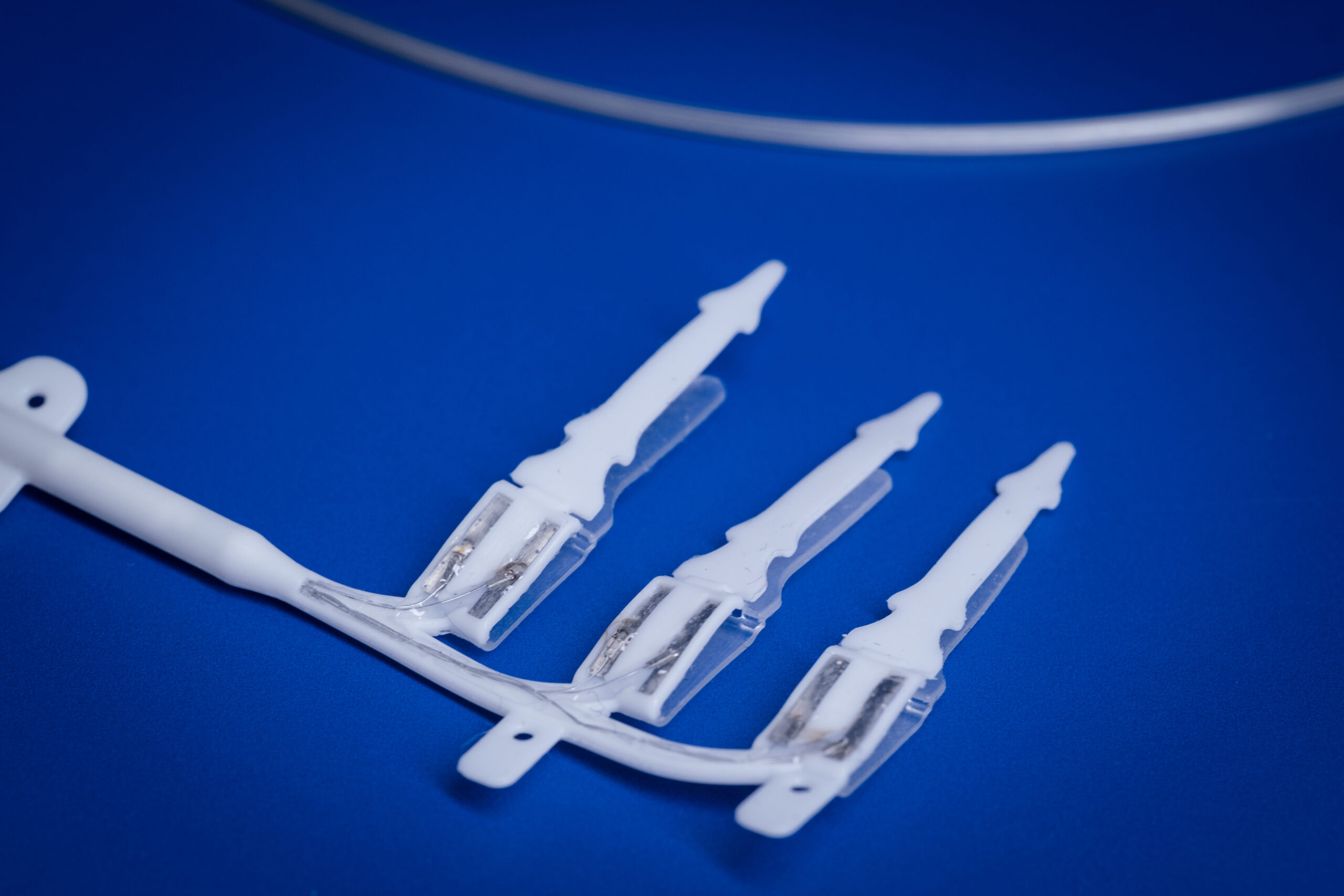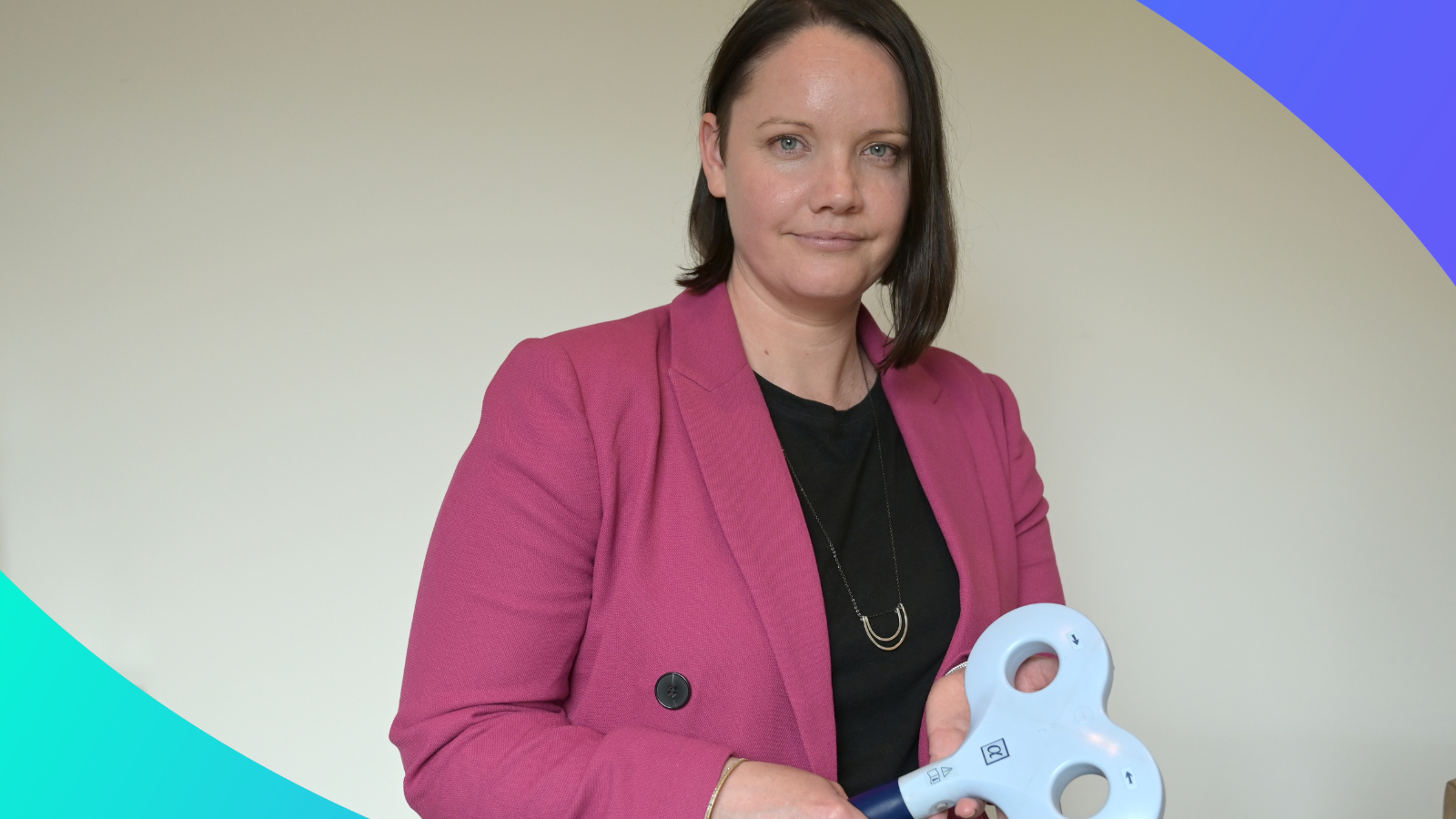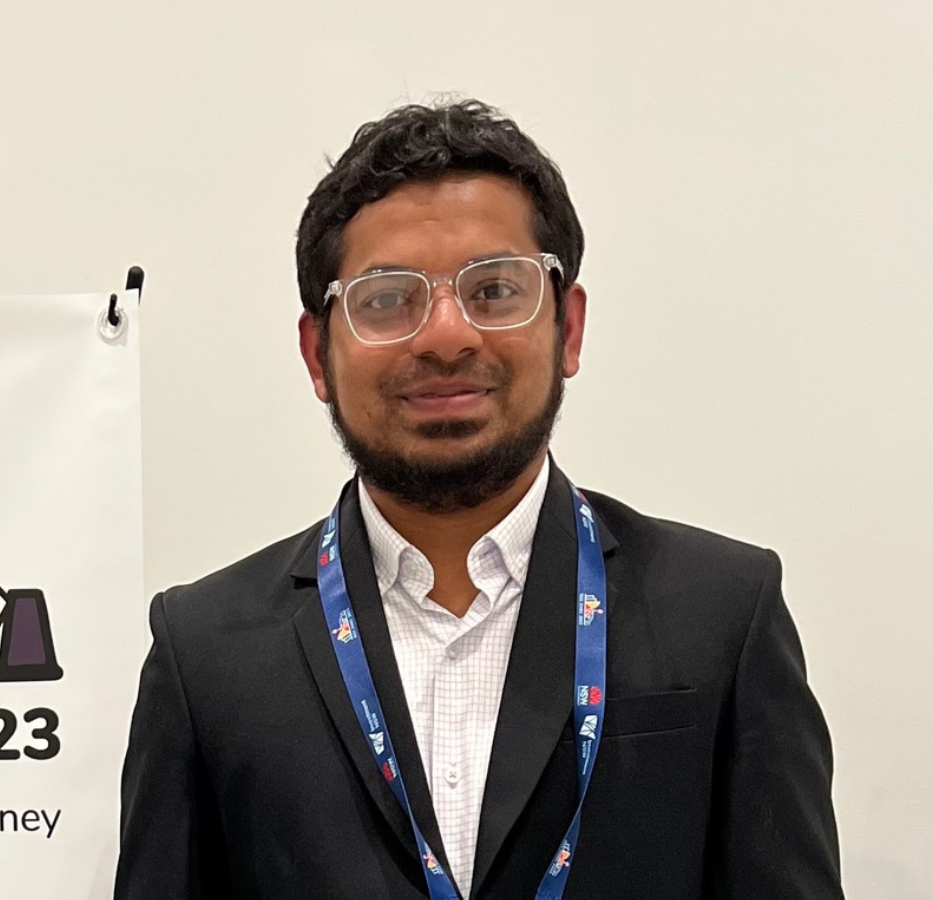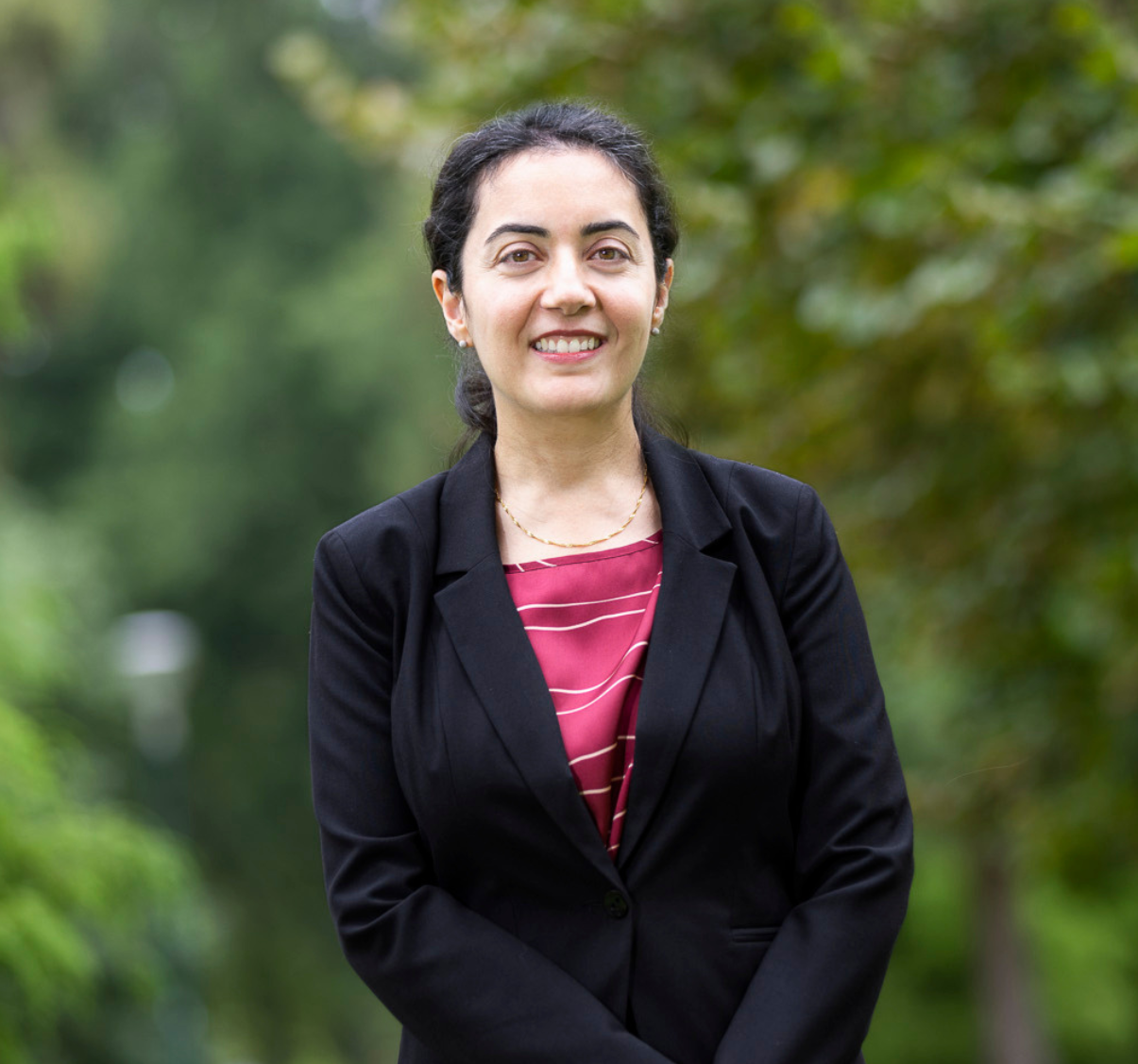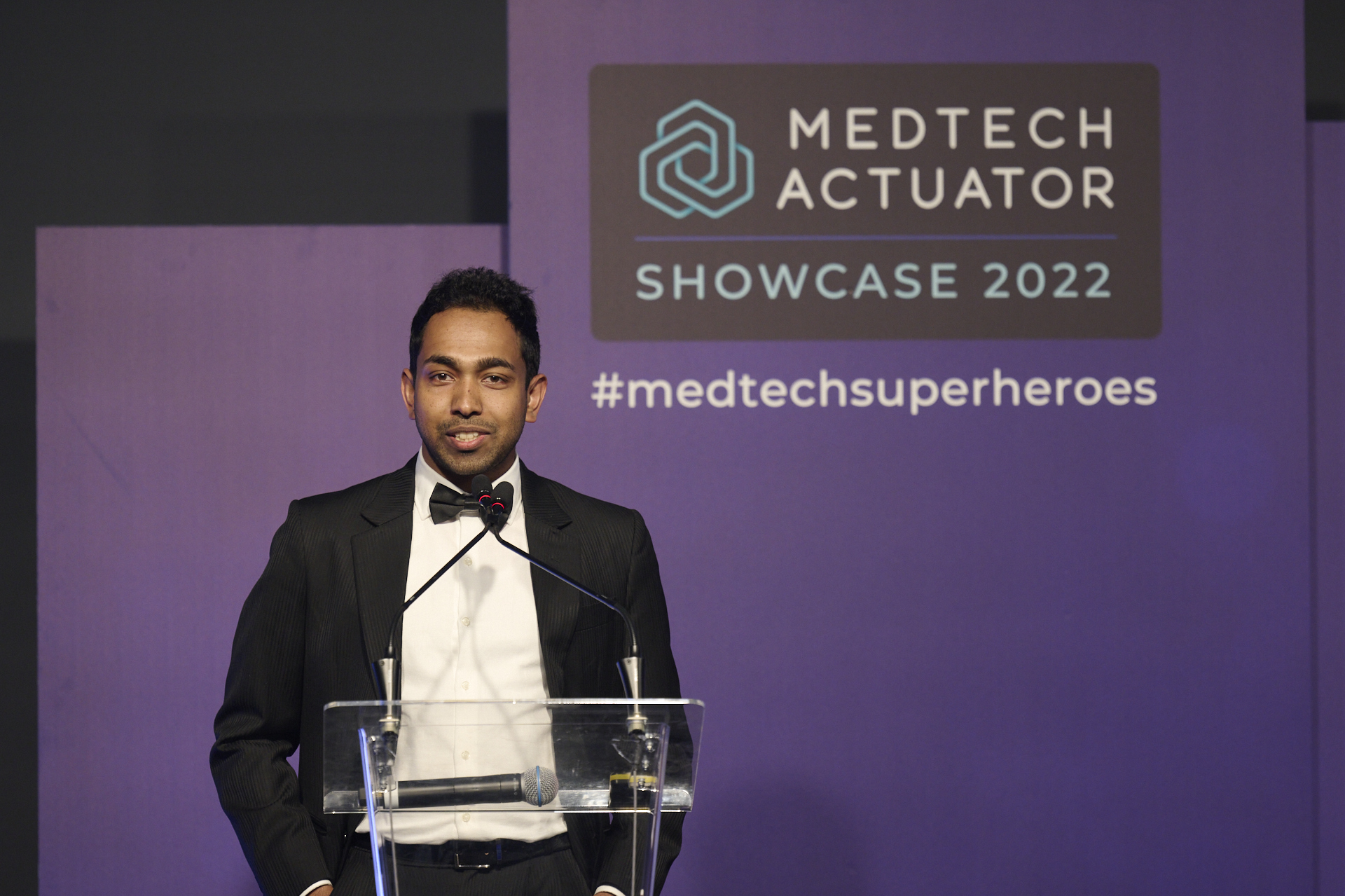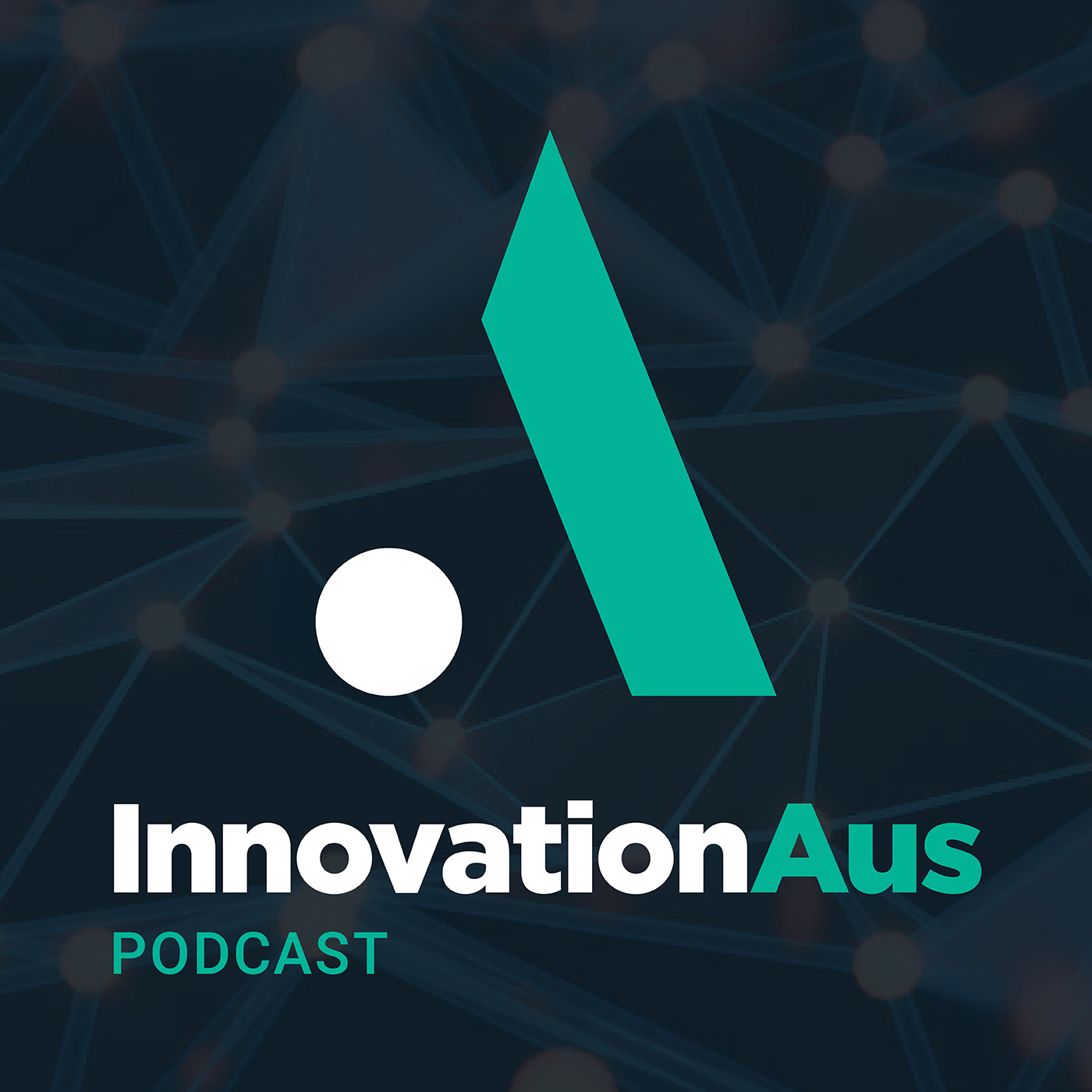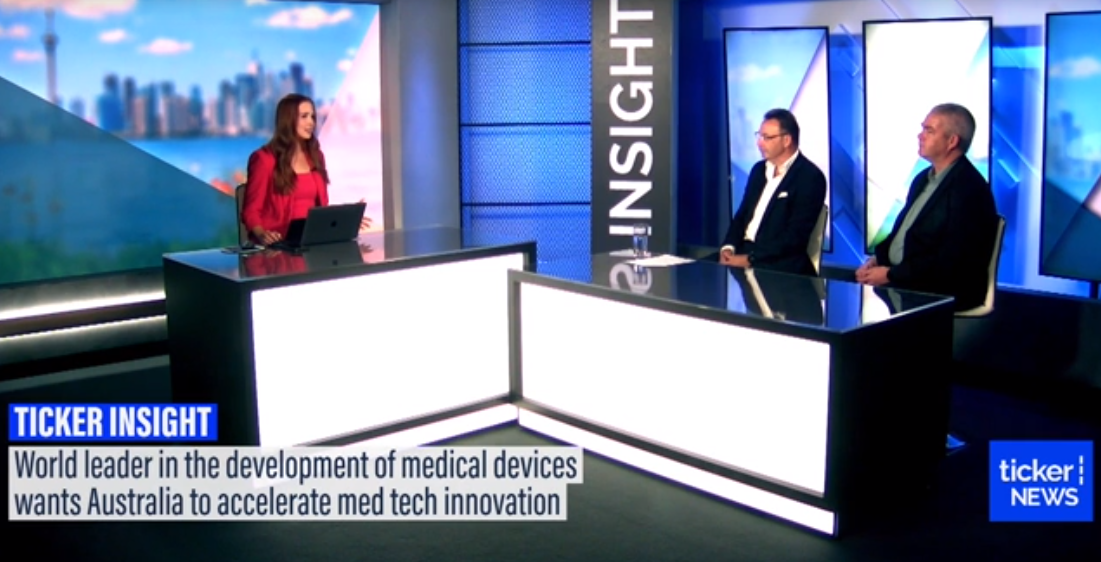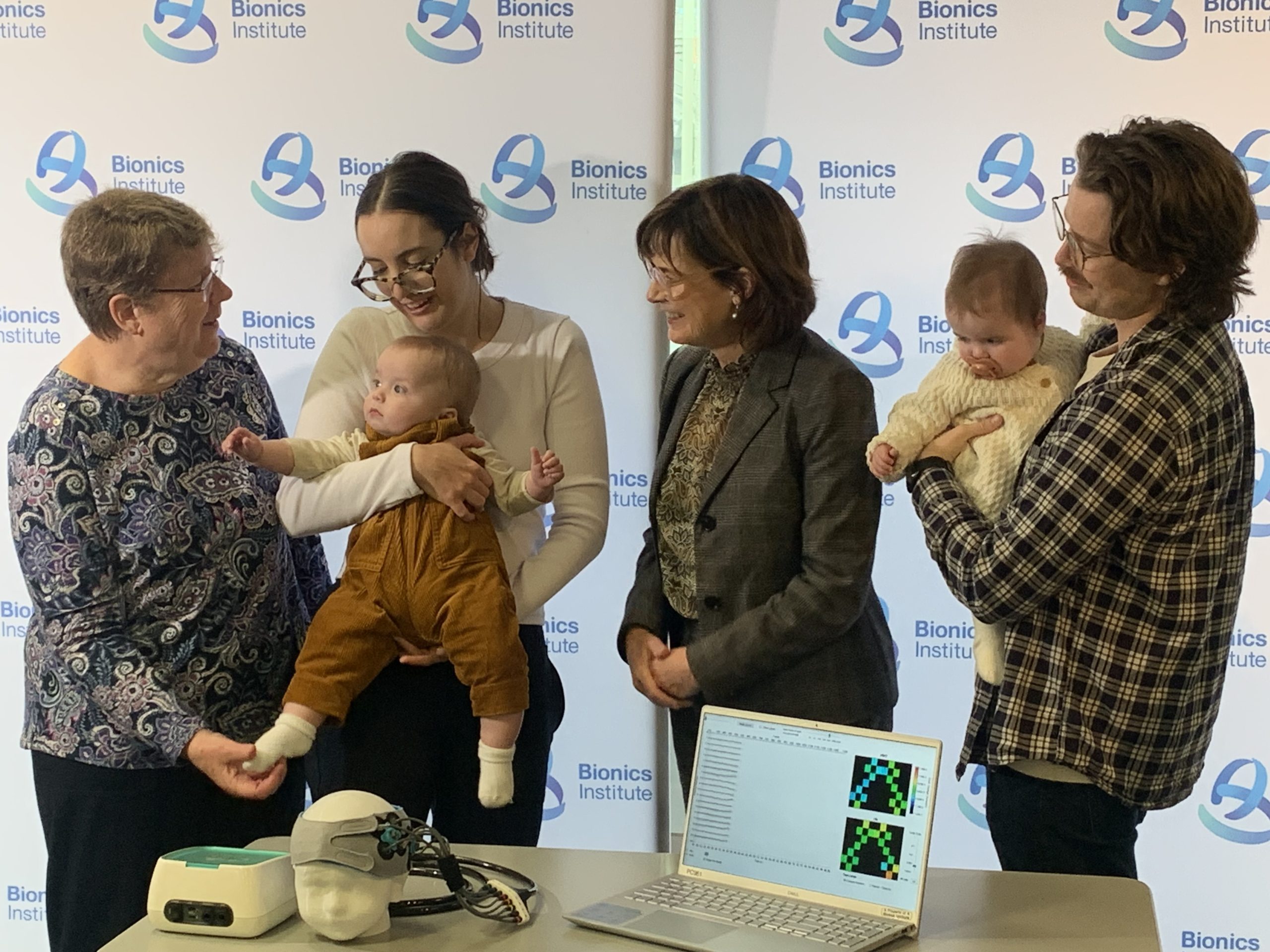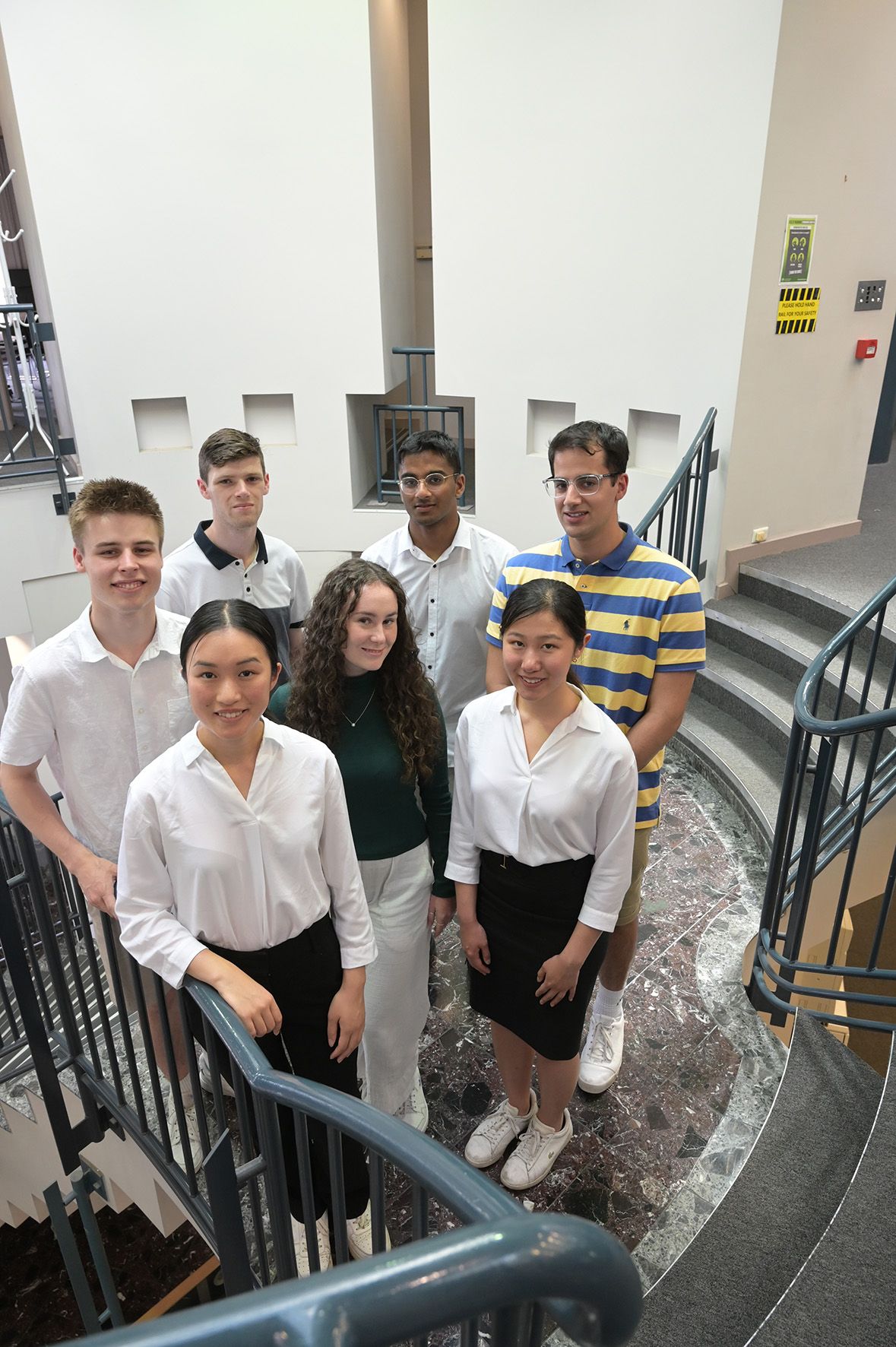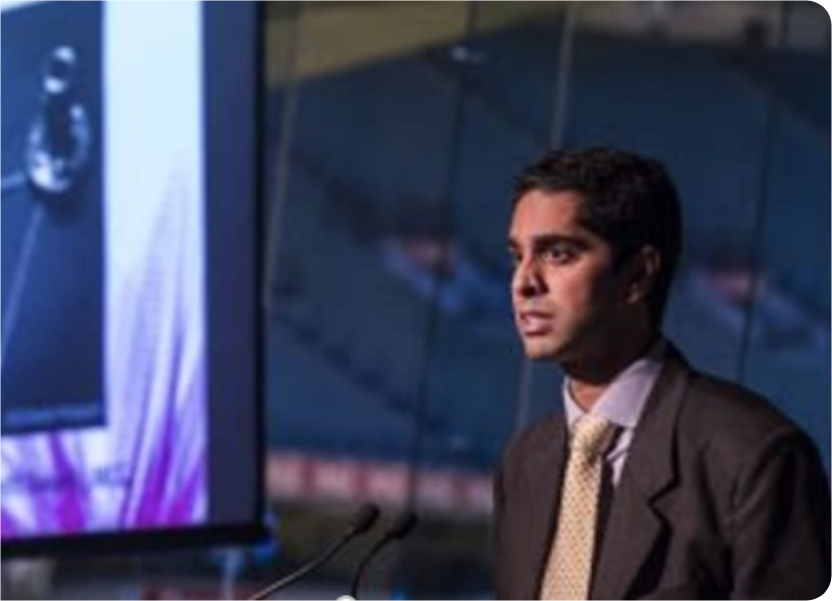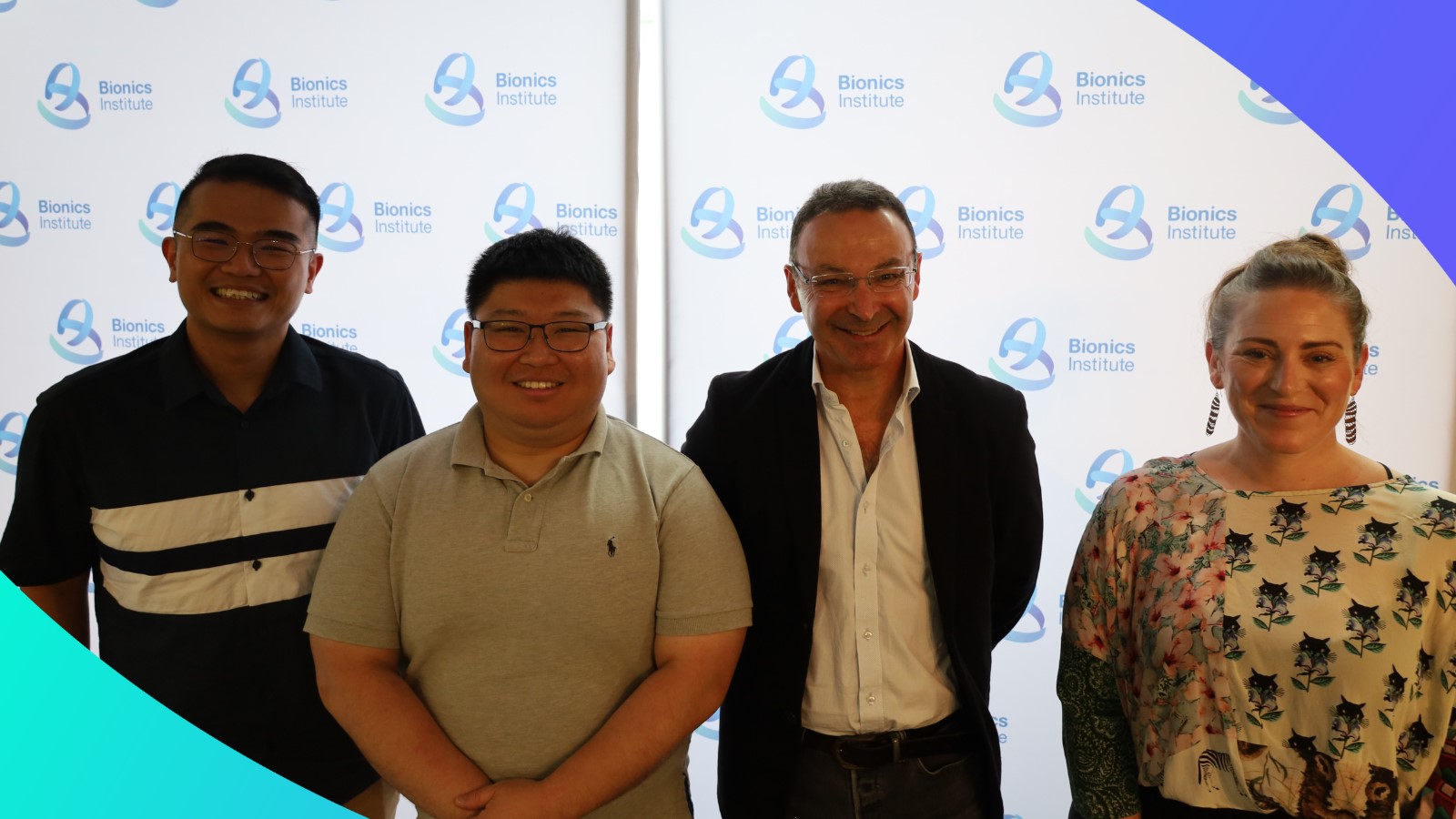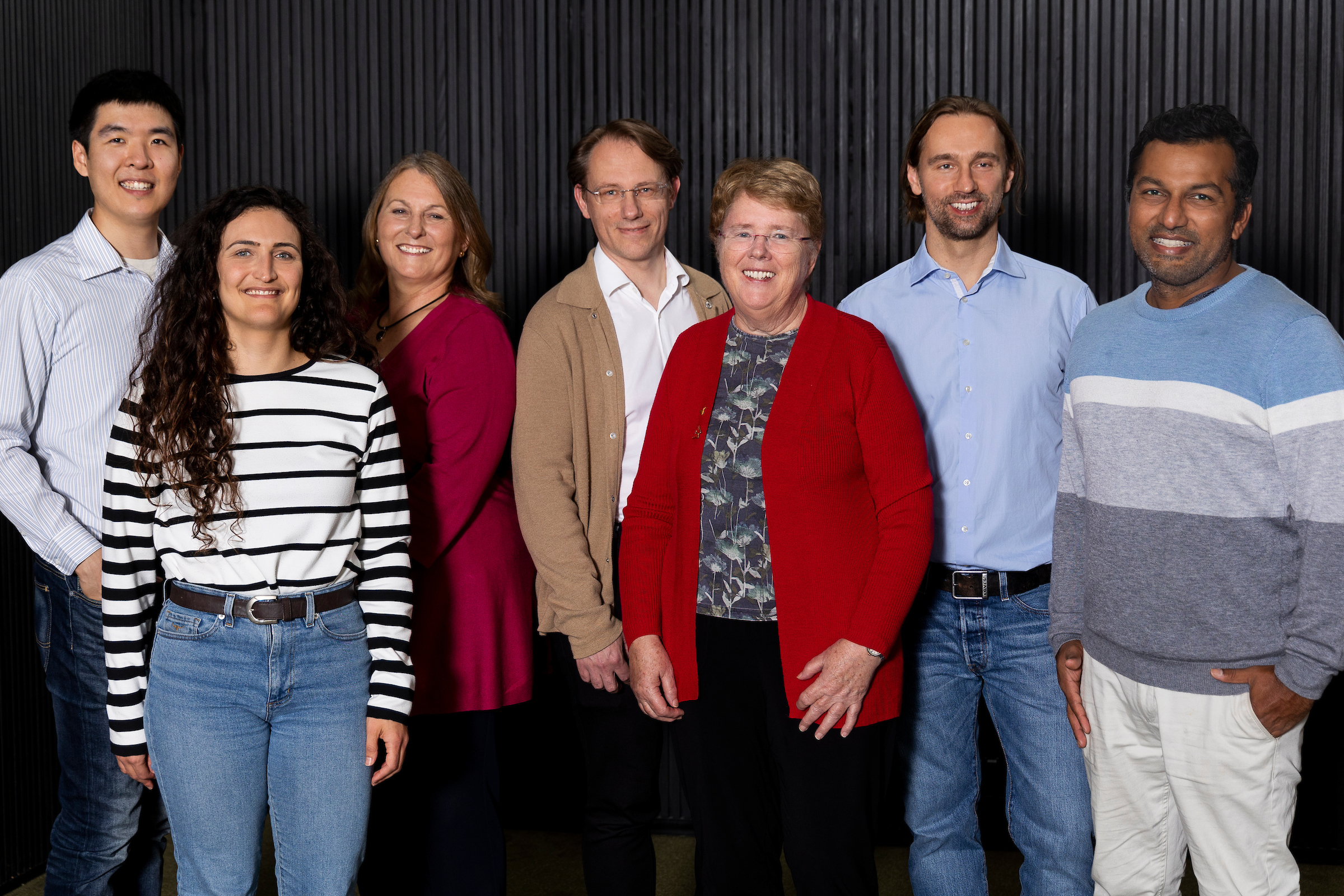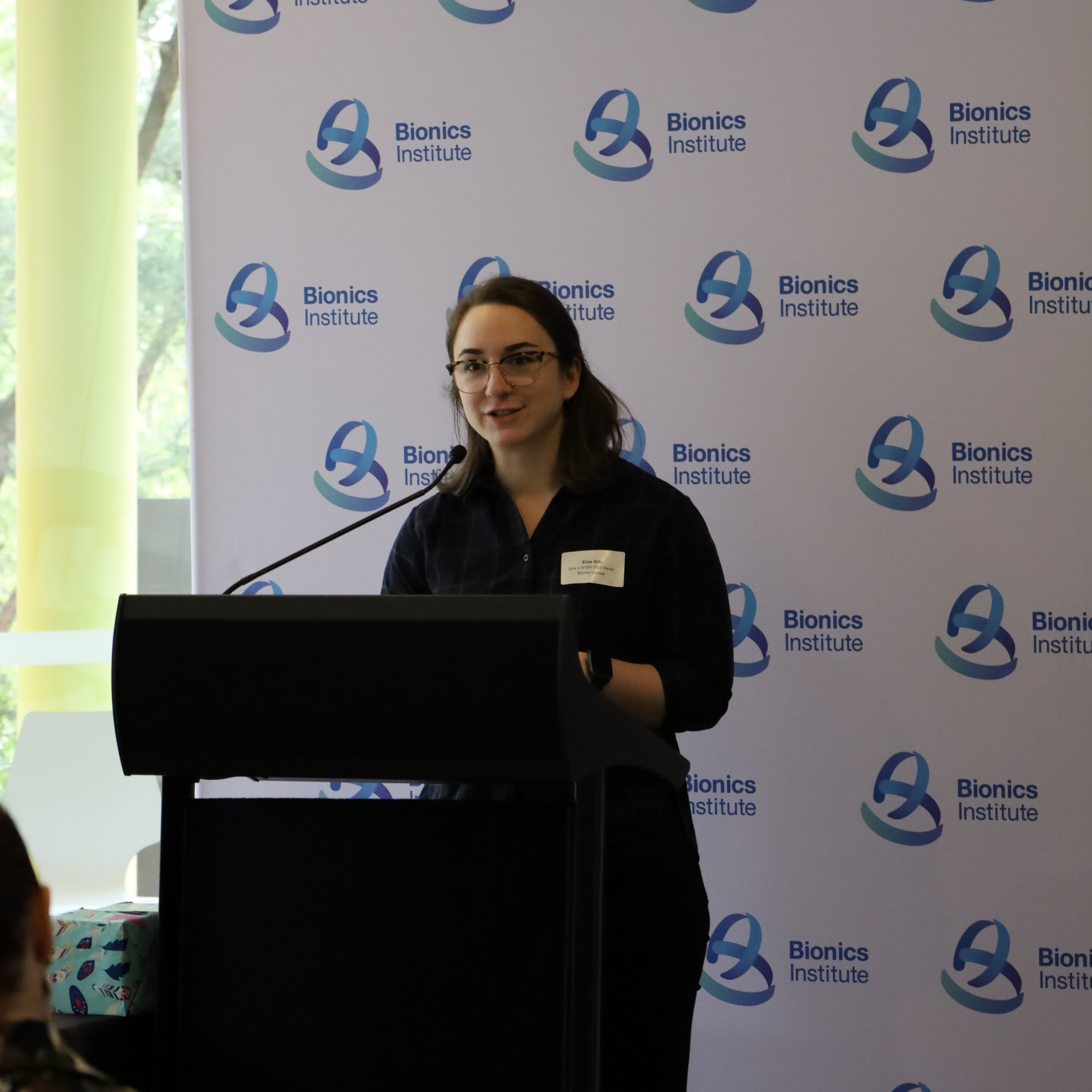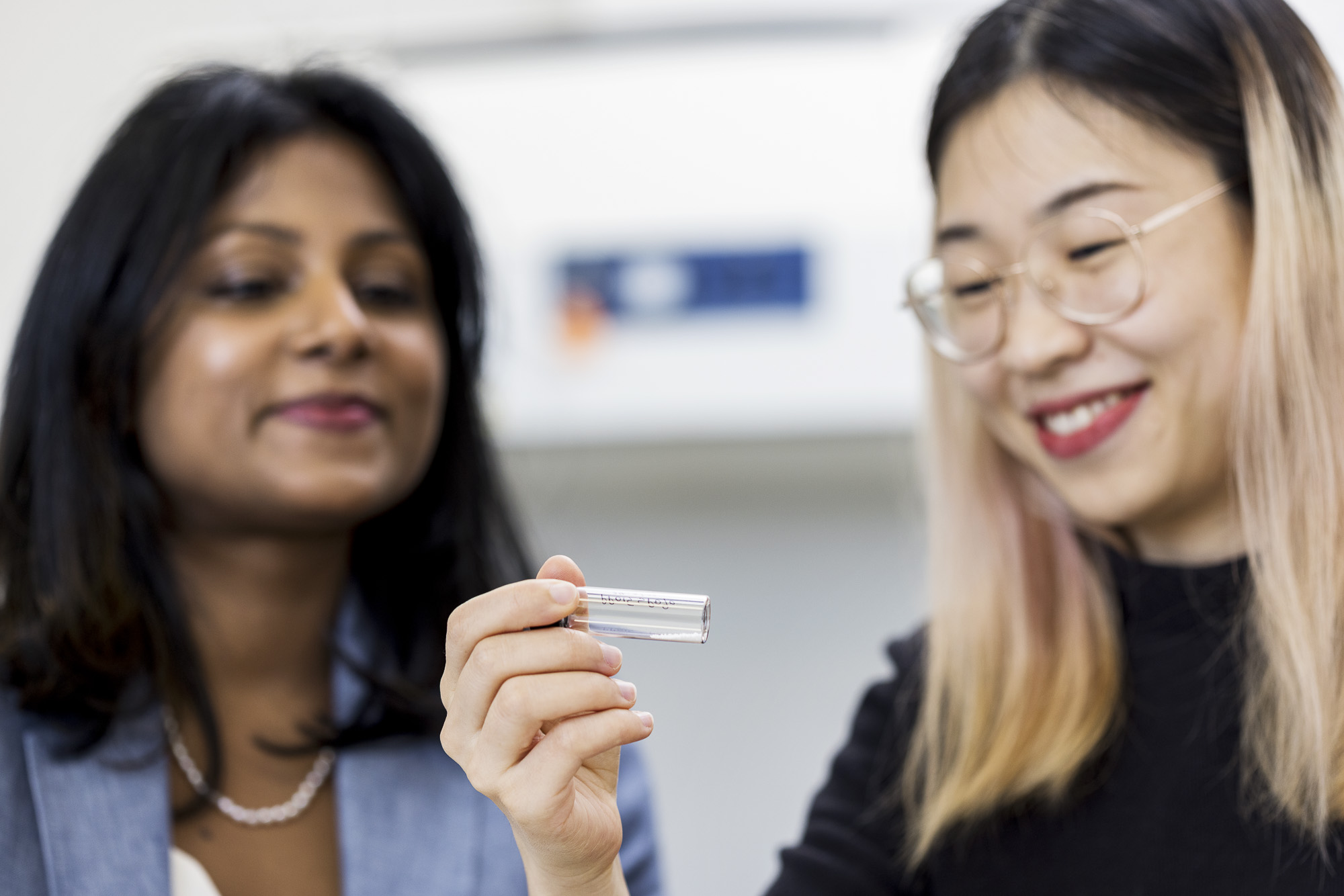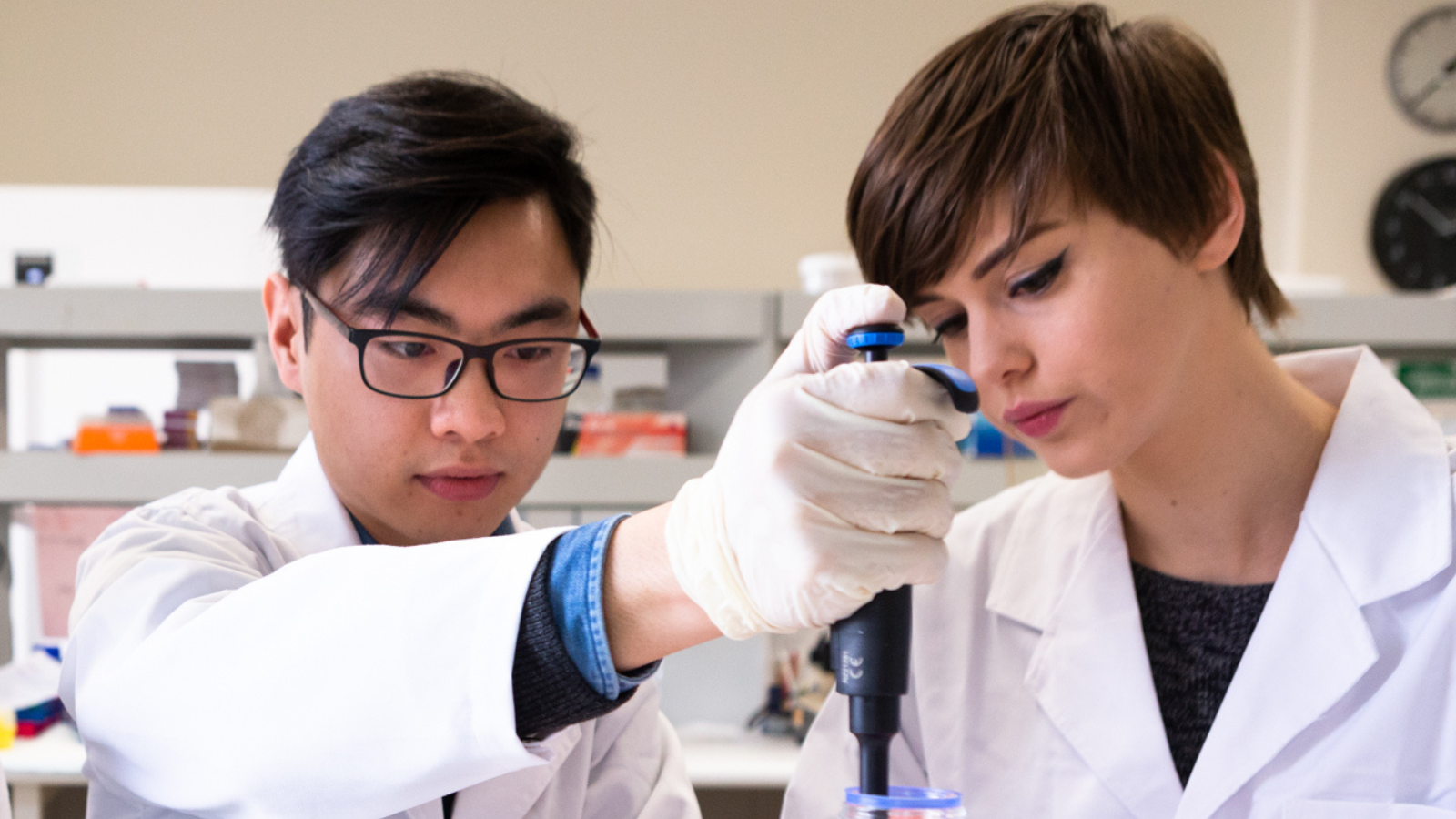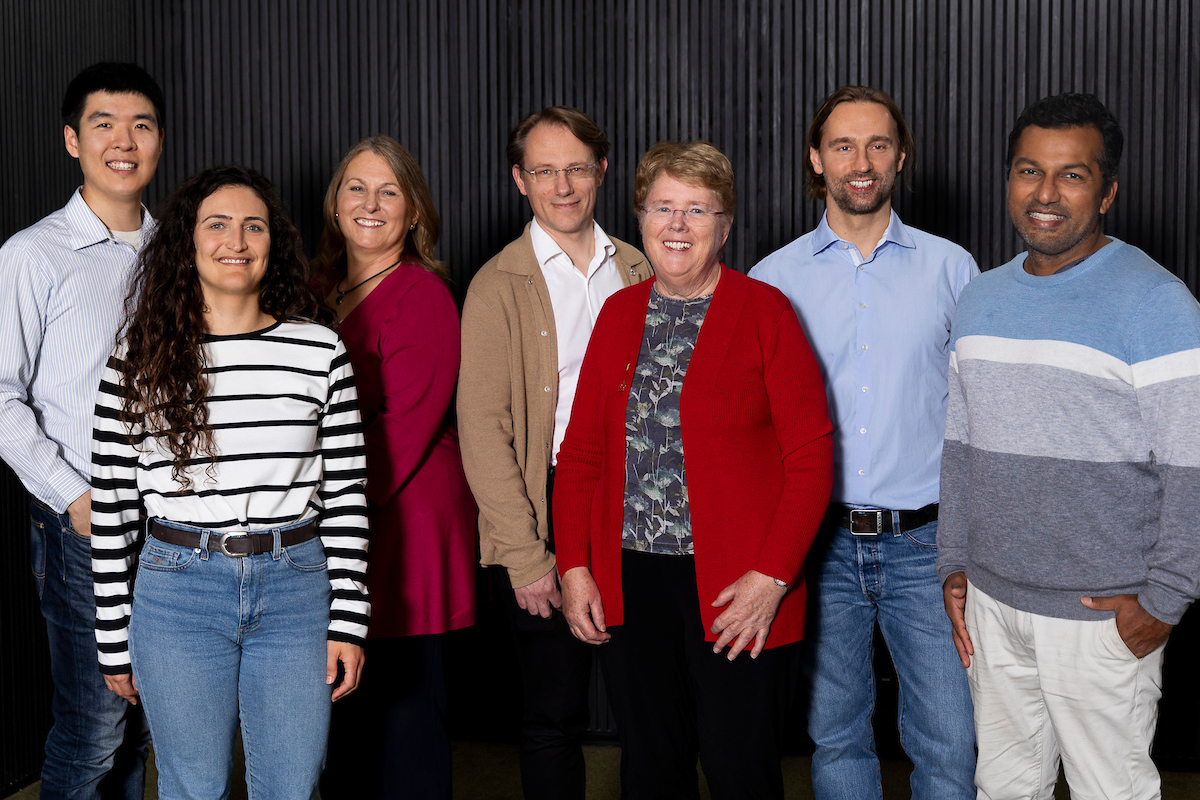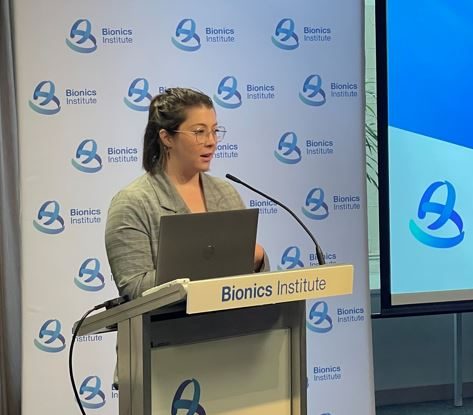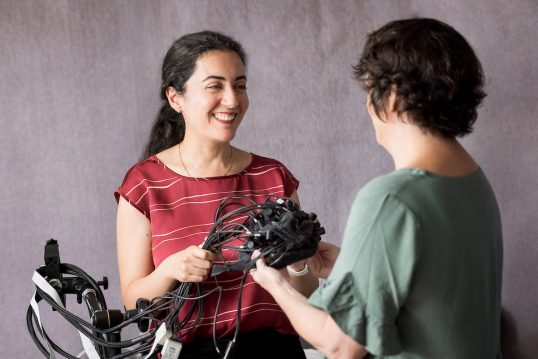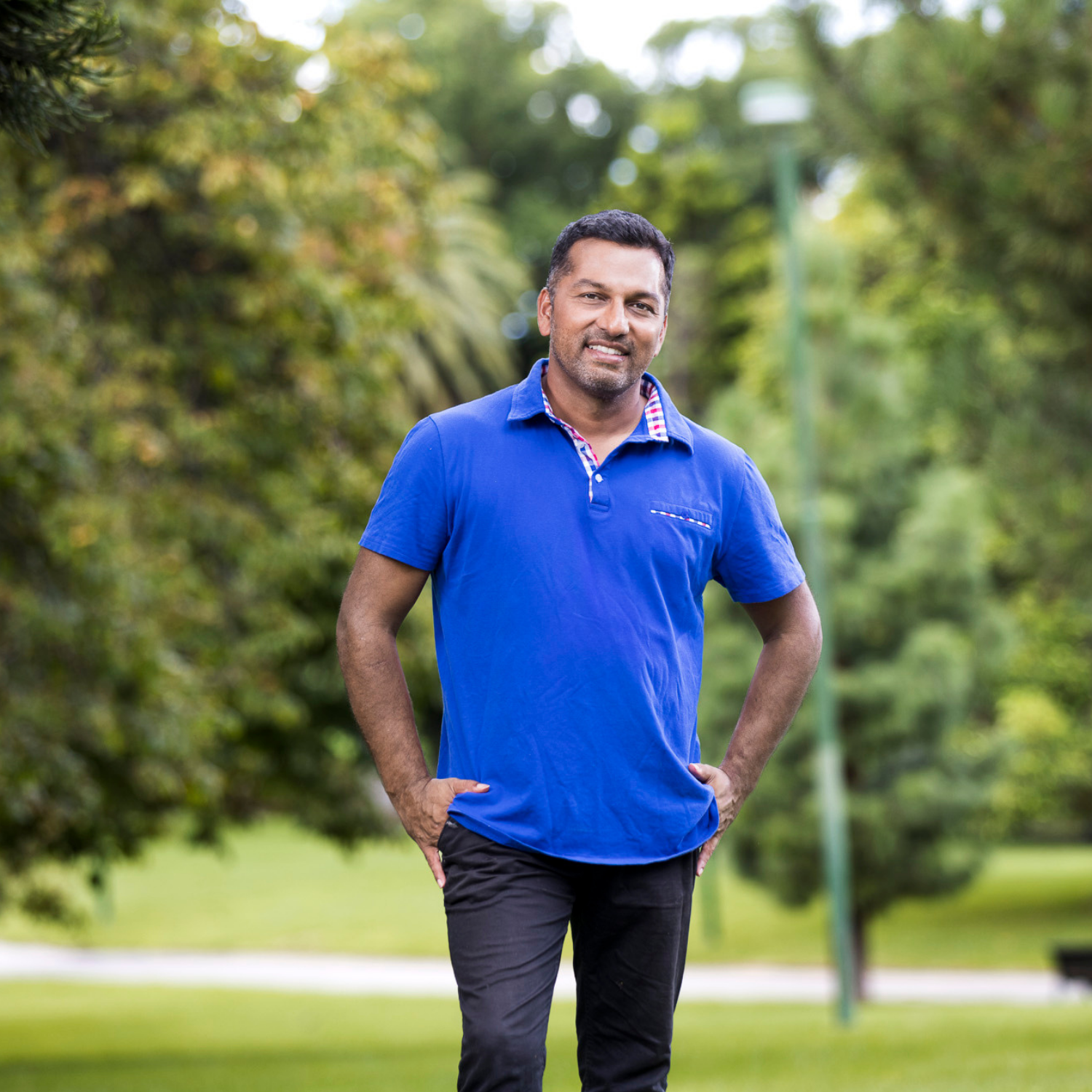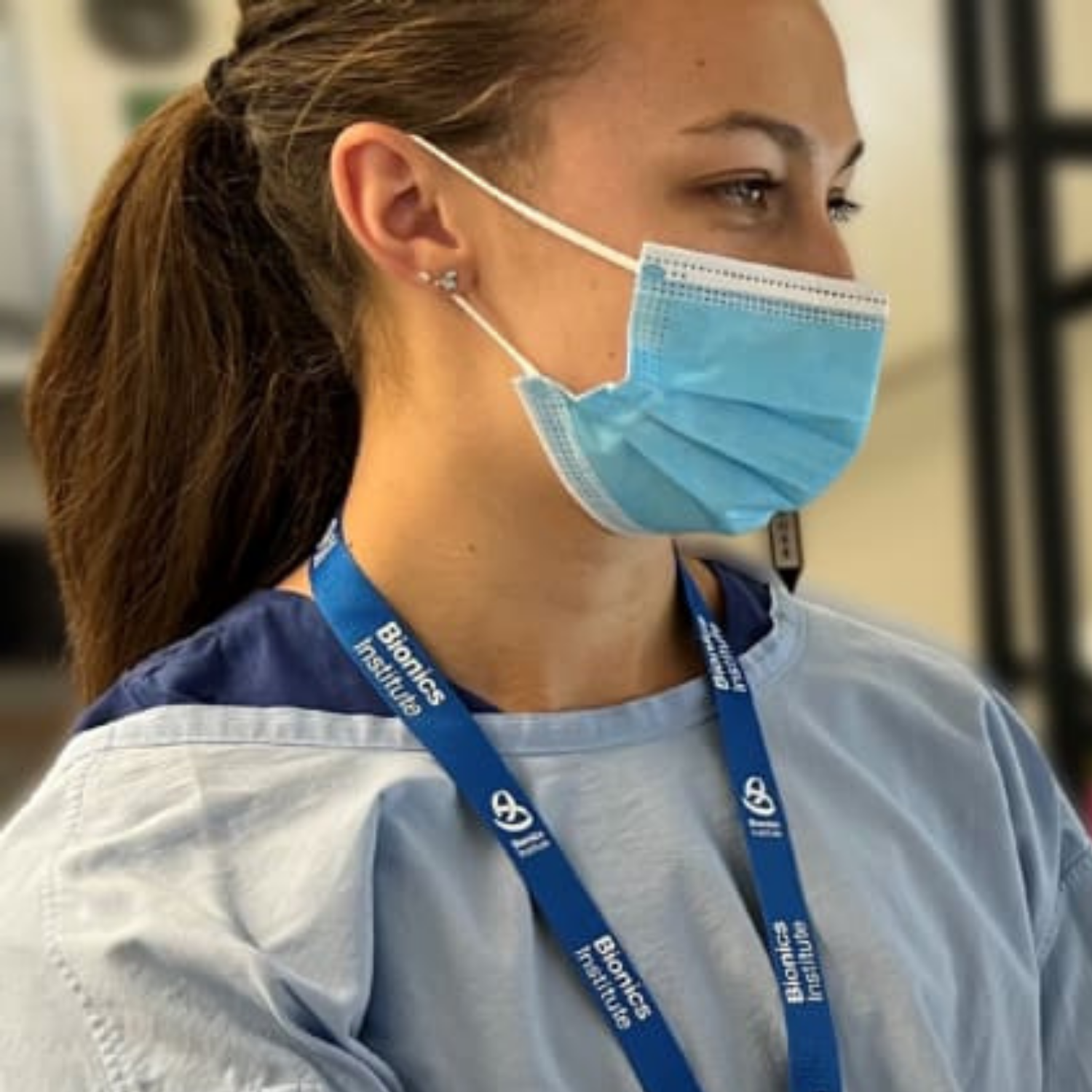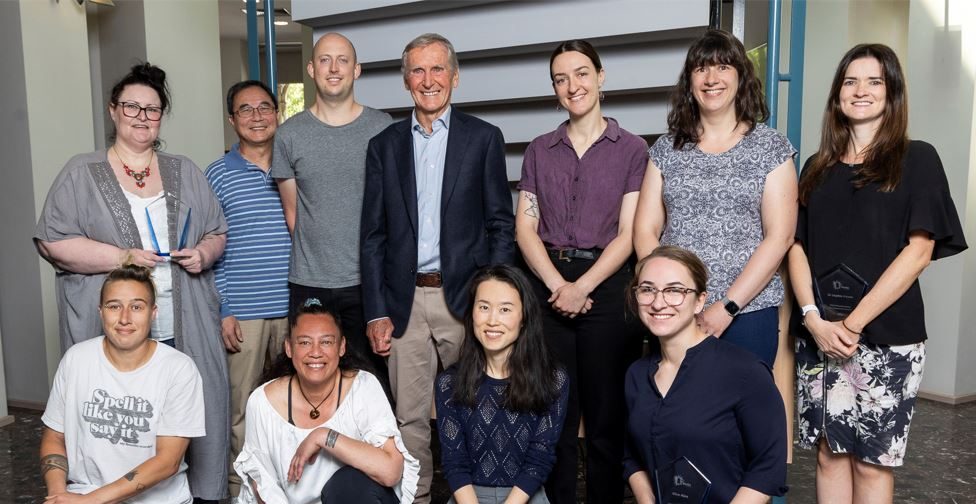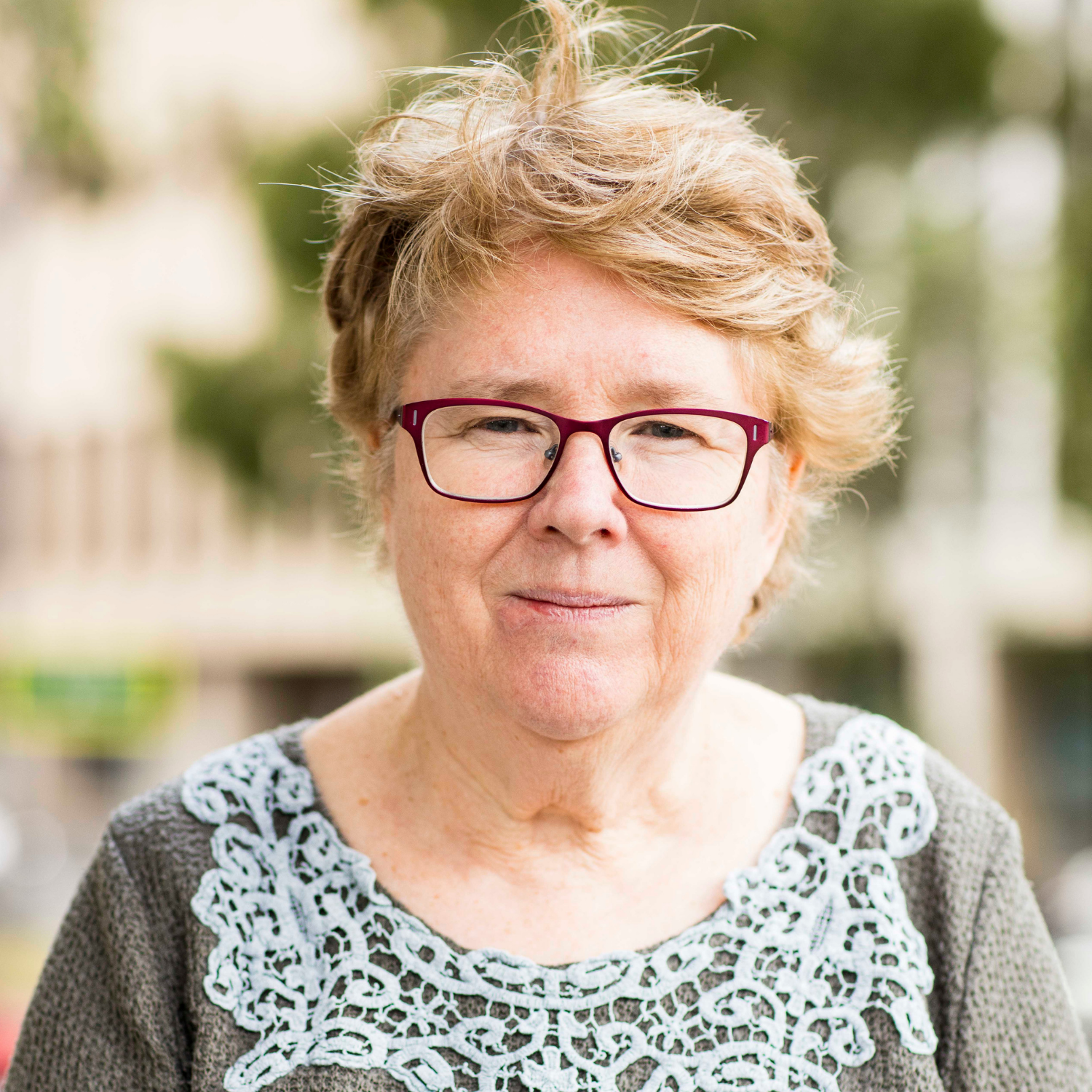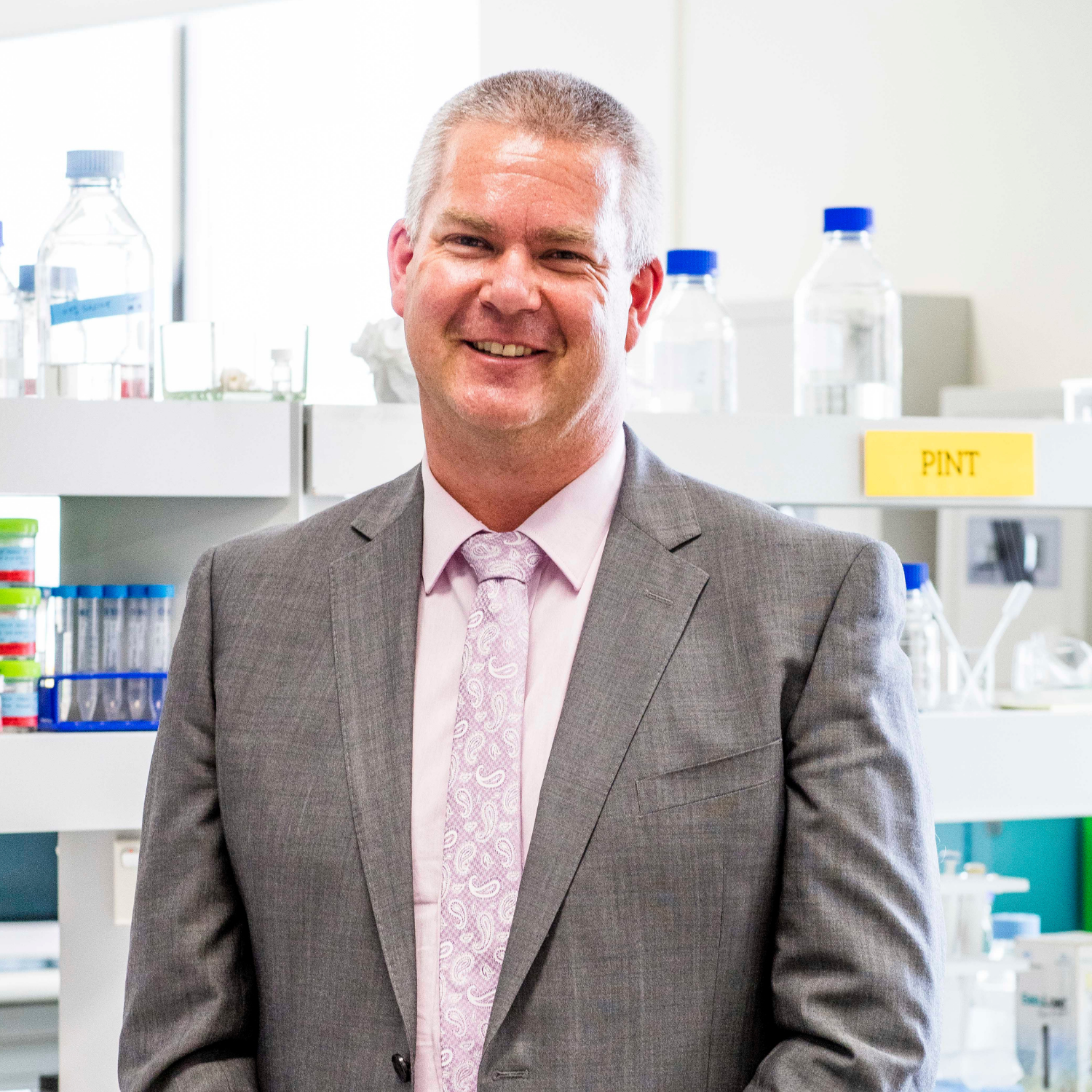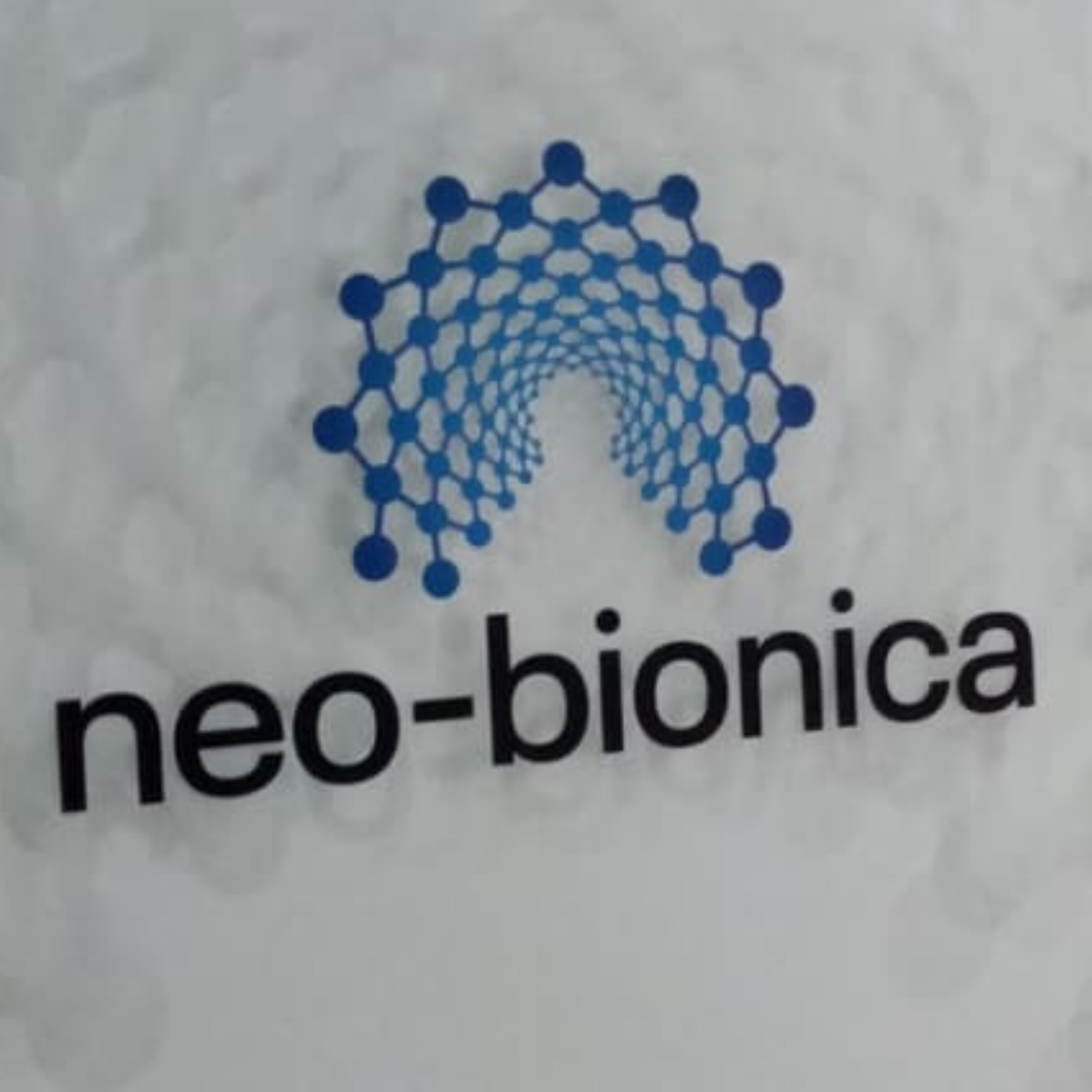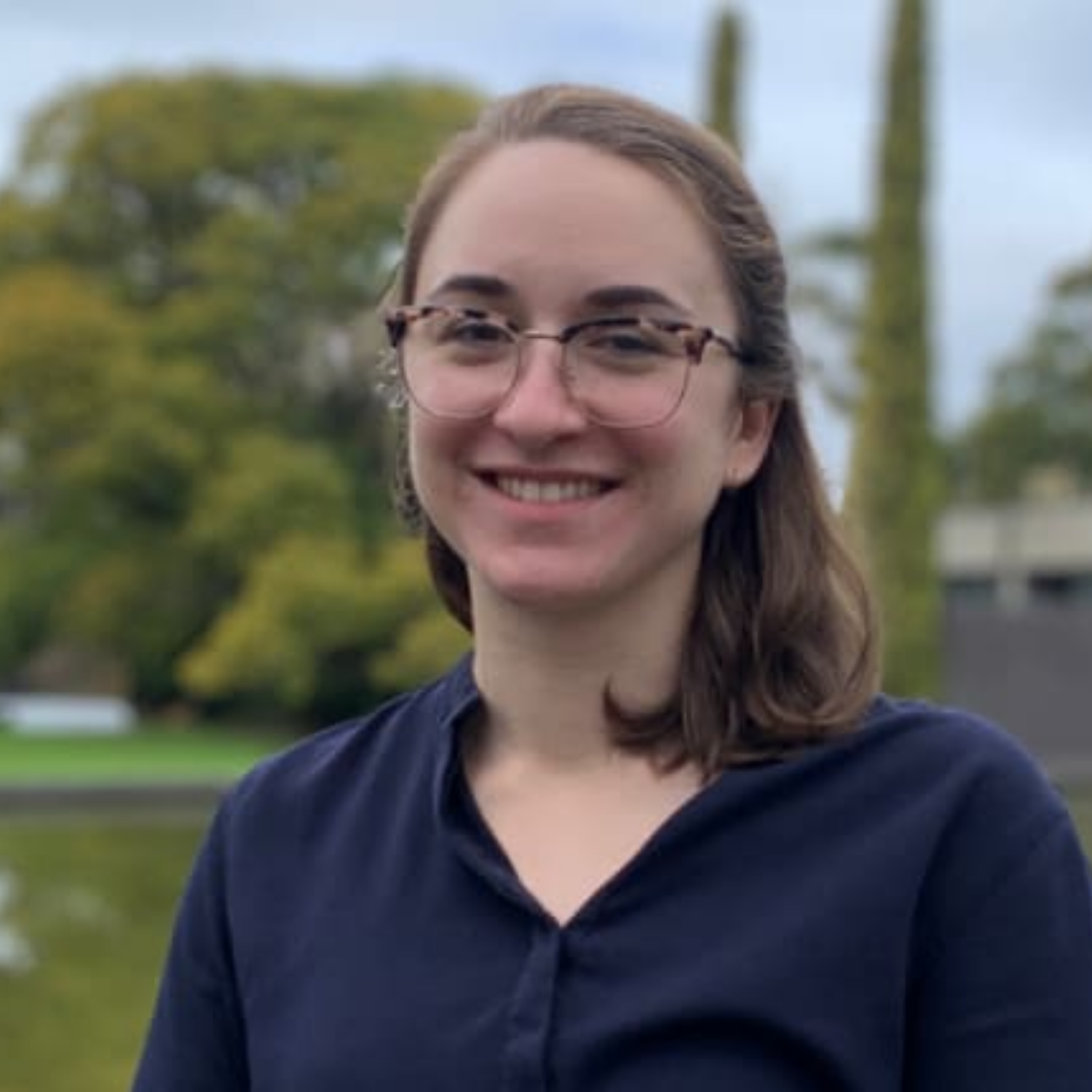The Bionics Institute’s Professor Kate Hoy has published a pioneering new research paper showing changes in brain activity and cognitive function in Alzheimer’s disease patients following six weeks of a patterned form of magnetic brain stimulation therapy.
The Bionics Institute’s Professor Kate Hoy has published a pioneering new research paper showing changes in brain activity and cognitive function in Alzheimer’s disease patients following six weeks of a patterned form of magnetic brain stimulation therapy.
This non-invasive stimulation therapy, called intermittent theta burst stimulation (iTBS), significantly improved brain connectivity and episodic memory in study participants with mild to moderate Alzheimer’s.
The research team found that the strength of patient’s brain connectivity, both before and after treatment, predicted improvement in episodic memory.
“This is the first trial to provide iTBS to multiple brain regions in Alzheimer’s disease,” Professor Hoy said.
“We were able to show that our iTBS treatment successfully improved a specific type of brain activity that is closely associated with cognitive functioning, and that this was linked with improvement in memory.”
“We’re pleased to be able to share these findings, which have led us to continue our research into the potential of brain stimulation to help fight memory loss in Alzheimer’s.”
Leading the way for future Alzheimer’s breakthroughs
In the study, participants were asked to perform a memory task prior to receiving iTBS therapy, following six weeks of stimulation treatment, then three- and six-months post-treatment.
Professor Hoy and her research team also measured the strength of gamma connectivity in the brain across the six-week treatment period, to see if iTBS enhanced gamma connectivity and influenced memory function.
Results showed that, following active treatment, there was a significant increase in gamma connectivity and a significant, albeit modest, improvement in recall ability.
Gamma connectivity in the brain is associated with learning, memory and information processing.
“Importantly, our research indicates that improvements in recall memory may be predicted by measuring the strength of a patient’s brain connectivity before the magnetic stimulation therapy,” Professor Hoy said.
These promising findings have directly informed our current Alzheimer’s disease clinical trial, which is investigating a personalised form of this treatment and aims to enhance the cognitive effects seen.
Significant step towards new treatments for Alzheimer’s disease
Our findings are a critical step in the development of therapies for Alzheimer’s disease.
Alzheimer’s is the most common form of dementia, which affects an estimated 55 million people worldwide [1].
Professor Kate Hoy is leading a world-first clinical trial to further investigate how a personalised form of magnetic brain stimulation can restore dysfunctional connections in the brain and fight memory loss in Alzheimer’s.
She and her team are recruiting more than 100 participants to take part in the clinical trial.
References
[1] World Health Organisation. Fact Sheets. Retrieved from: https://www.who.int/newsroom/fact-sheets/detail/dementia, viewed 16.09.2021
